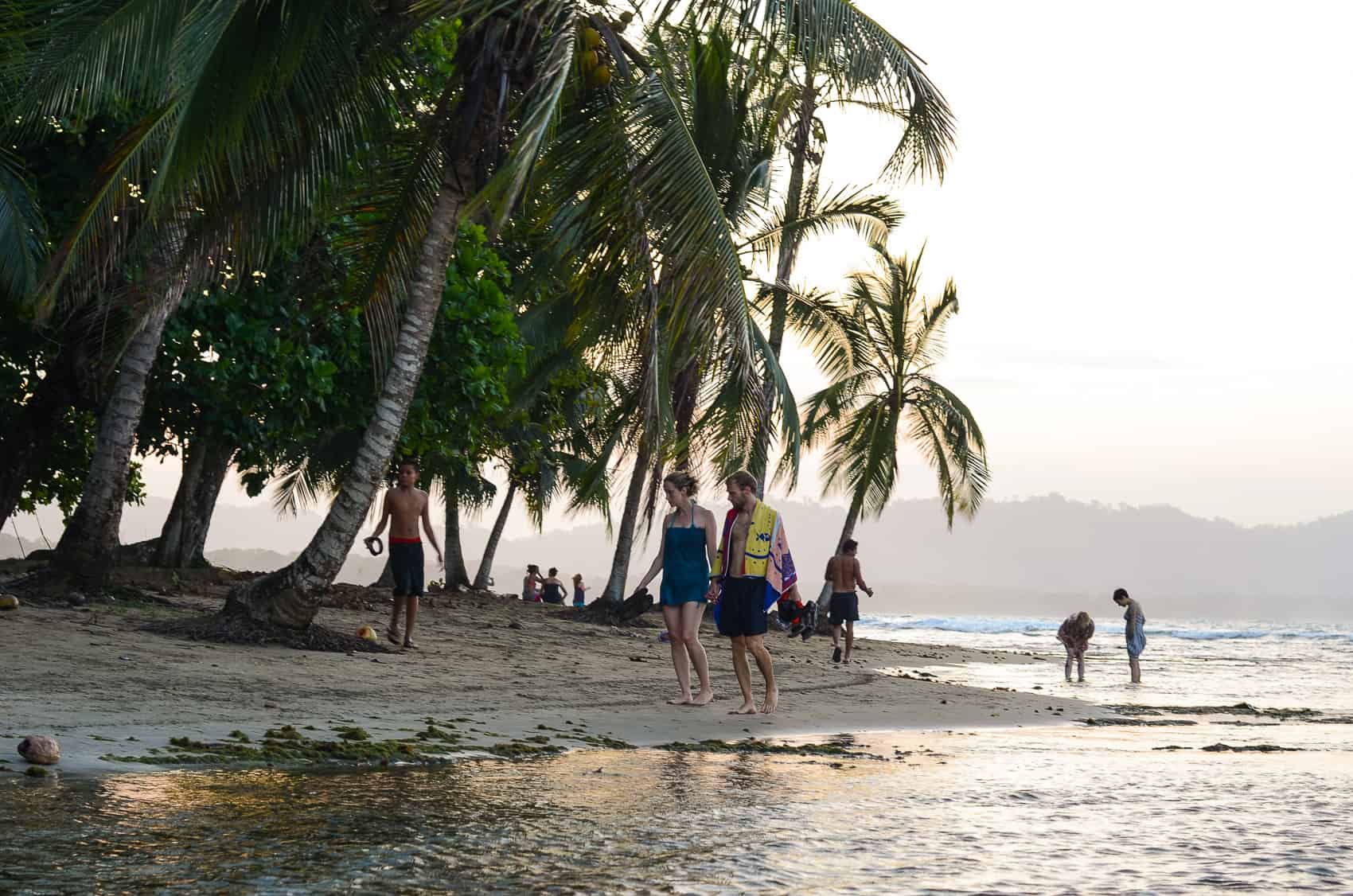Maria Vargas, a third-generation tour operator in Nosara, stares at an empty booking calendar. “This is the worst high season I’ve seen in 20 years,” she says, her voice heavy with worry. Her story reflects a broader crisis gripping Costa Rica, where a sharp decline in tourist arrivals threatens the tourism industry—a sector that generates 85% of its revenue from international visitors and serves as the nation’s economic lifeline.
The Costa Rican tourism sector is reeling as visitor numbers plummet. In February 2025, only 270,810 tourists arrived by air, a 7% drop from the 291,090 recorded in February 2024, according to the Costa Rican Tourism Board (ICT). This marks six consecutive months of decline, with Turismo por Costa Rica projecting a 15-20% reduction in arrivals by year-end. “The high season ended with negative numbers,” said Shirley Calvo, Executive Director of the National Chamber of Tourism (CANATUR). “As we enter the low season, typically May to November, the consequences will hit harder.”
Recent months, including December 2024 and January 2025, also saw fewer visitors than the previous year, dashing hopes for a robust peak season. “We had some upticks early in 2024, but they couldn’t offset the downward trend,” Calvo added. The downturn threatens jobs and businesses, particularly in rural and coastal areas like Guanacaste, Limón, and Monteverde. CANATUR reported 544 layoffs in 2024, with 918 more expected if trends persist. “The effects could jeopardize the sustainability of many businesses,” Calvo warned.
For expats running restaurants, vacation rentals, or tour companies in places like Tamarindo, the crisis hits close to home, with dwindling customers threatening local economies. Tourists face higher costs, potentially deterring repeat visits to Costa Rica’s famed rainforests, beaches, and biodiversity. “Businesses were already struggling before the low season,” said Christian Doñas, a representative of Proimagen Costa Rica, which promotes the country’s tourism image. “Sales are down compared to early 2024.”
Why It’s Happening and What’s Next
Multiple factors are driving tourists away, industry leaders say. The colón’s appreciation—now at ₡500 per US dollar, down from ₡700 in mid-2022—has spiked costs, making Costa Rica pricier than competitors like Colombia or the Dominican Republic. “We’re losing our competitive edge,” said Bary Roberts, spokesperson for Turismo por Costa Rica. A new Value Added Tax (VAT) on tourism services further inflates prices. Rising insecurity also hurts, with international media spotlighting drug-related violence and over 6,300 tourists reporting crimes like assaults and thefts since 2020, per La Nación. “Safety concerns are scaring people away,” Roberts noted. “This hurts rural and coastal areas the most.”
Global economic uncertainty, political tensions, and reduced flight connectivity exacerbate the problem, with North American arrivals down 7.2% and European visitors dropping 11.4% in February 2025. CANATUR has urged the Central Bank to reverse the colón’s appreciation, warning of widespread closures. “The exchange rate is suffocating us,” Calvo said, noting businesses lose up to 25% of revenue when converting dollars to colones for taxes and salaries.
However, President Rodrigo Chaves defends the strong colón as a sign of economic success, while Tourism Minister William Rodríguez attributes the decline to fewer airline seats—a claim industry leaders dismiss as a reaction to lower demand. The ICT’s “Only the Essentials” campaign, launched in 2025 to promote Costa Rica in the U.S. and Canada, aims to boost arrivals, but its impact remains uncertain.
As the low season looms, industry leaders urge travelers to support local businesses and advocate for policies to restore competitiveness. Expats and visitors can help by choosing sustainable tourism options, from eco-lodges to local-guided tours, to keep communities thriving. “Costa Rica’s natural beauty and warm hospitality are worth fighting for,” Roberts said. “We need tourists to return and expats to rally behind our local economies.”






